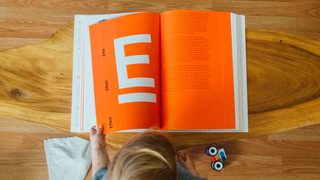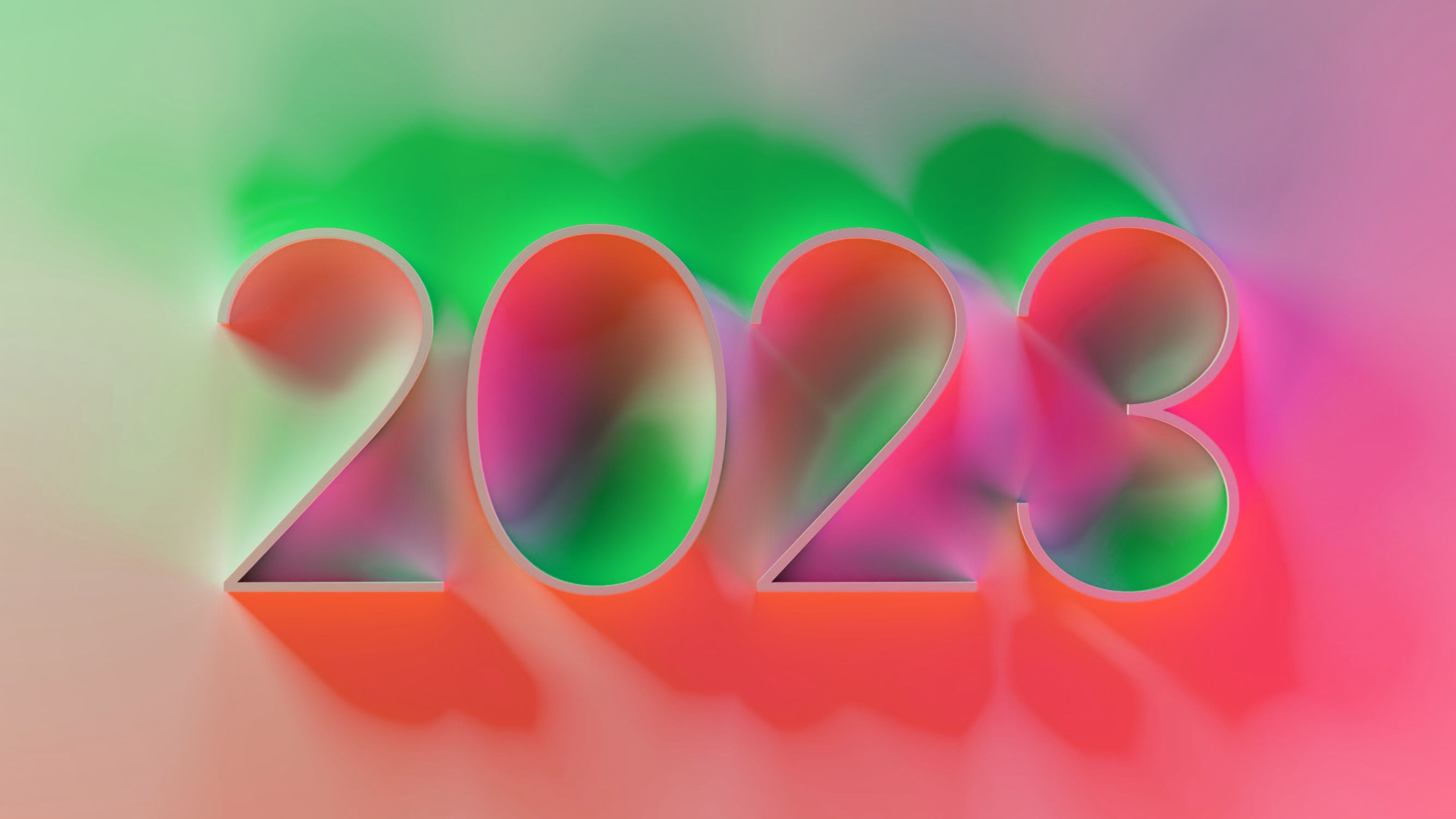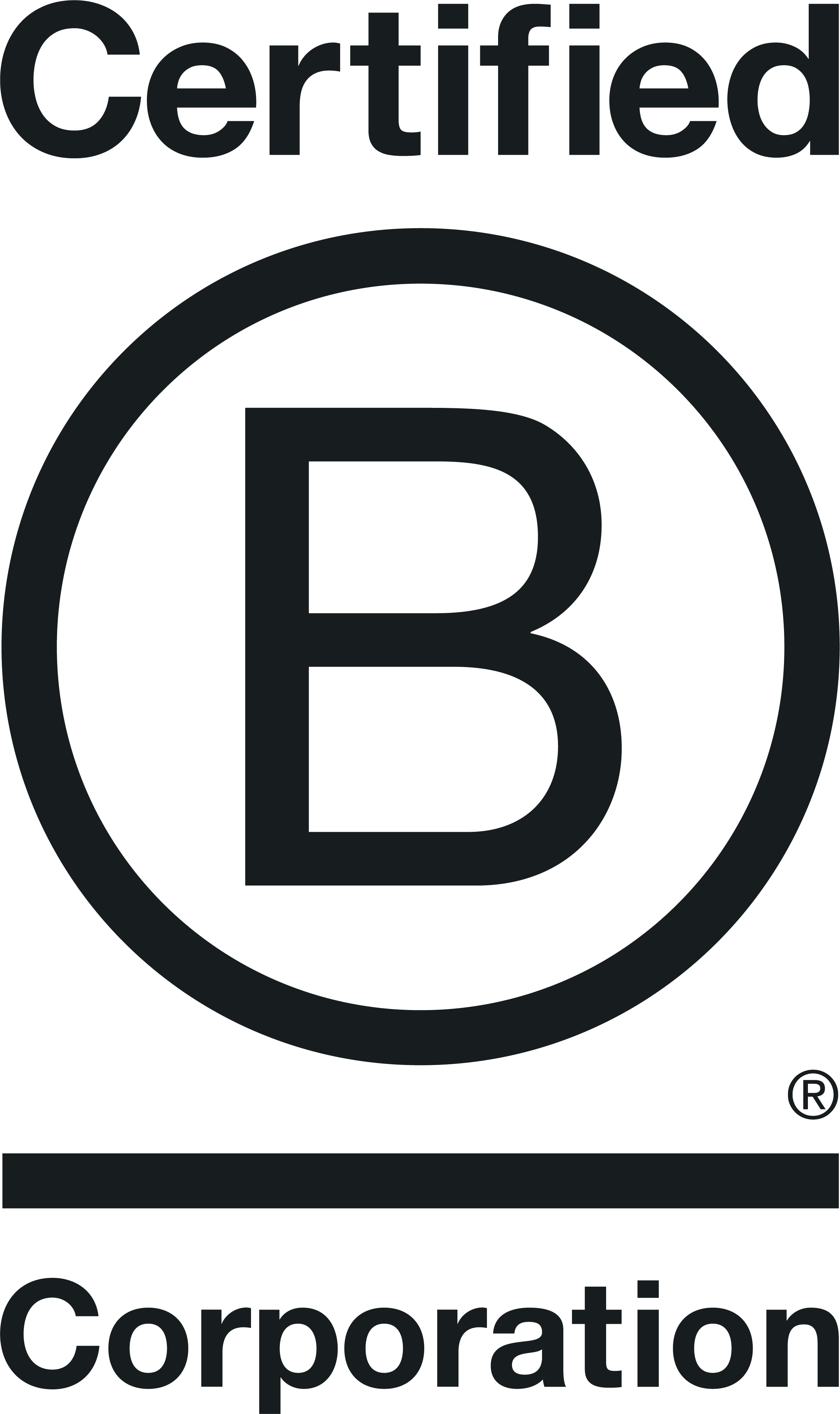Recently our Creative Director Chris Skelton was asked by AdWeek to talk about the benefits of specialising and he shared his views as both business owner and strategic advisor to brands:

"There’s little appeal to being the jack of all trades, master of none, especially when it comes to creativity. Without an area of specialism and focus, creative ideas can become unrefined and even edge into being irrelevant. But, in ‘specialising’, could creative visions be equally hampered by a ceiling of sorts, to the point where we’re unable to look peripherally at the bigger picture and appreciate the macro effects of ‘micro’ ideas?
As a creative director working on both sides of the fence, I’ve experienced the pros and cons of working in a specialist agency versus a more generalist one. Creative agencies with a broader approach to who they work with are often perceived as more flexible—borrowing from one sector to influence innovative ideas in another. When your list of possible clients doesn’t fit into one sector, the potential for creative expression seems limitless when compared to specialised agencies with a finely honed focus. But this is a huge misconception.
In a business sense, creative specialism gives you a deeper understanding of a subject matter or sector. It makes the expertise being delivered more watertight. Clients’ trust can be more readily earned and nurtured with a specialist’s opinion as it will demonstrate a keen understanding of the nuances and challenges of that particular sector. There’s inherent confidence in your decision making when you have a deeper understanding your audience. Specialists will naturally be more empathetic to a client’s pain points and vision. It sounds contrarian, but within the confines of ‘specialism’, there is great licence and freedom for bigger thinking beyond conventional limits.
In our work with NHS England, for example — a renowned and cherished institution in the UK — there are brand guidelines in place that require strict adherence. On the surface, this can present as stifling. Strict boundaries can at times stunt a creative flow. But when you learn these boundaries and how close to the line you can get, surprising creativity can occur. Specialists can better spot and seize emerging opportunities that generalists may miss, fuelling innovative thinking and opening up the potential for more original creative responses.
Before Thompson became a specialist agency, we worked with a whole range of clients from an eclectic mix of sectors. Following our recent MBO, we decided to focus on the health and wellbeing space, in which we already had significant experience. Developing a specialism has allowed us to identify passions and channel talent to work on challenging briefs with a strong human interest edge — from raising awareness of female genital mutilation (FGM) for the NHS, to FMCG brands in the alcohol-free drinks space seeking to penetrate or reinforce their presence in an ever-evolving market place: two different beasts under one ‘health and wellbeing’ umbrella. Yet there is more in common between them than which divides. There is a quest for both societal and individual betterment. And there is a human interest ‘need’ that makes the brand and campaign narratives fundamentally relatable.
When working on health and wellbeing briefs, as we have continued to do, it’s important not to lose touch with that sense of humanity. It is the very thread that runs through all of our work. But it’s from this platform of human interest where the possibilities for creating big ideas are truly boundless. The language used in brand campaigns demands sensitivity and empathy if messages are to resonate and if call to actions are to have an impact. With the FGM campaign we worked on with NHS West Yorkshire ICB and Leeds-based Blossom Clinic, it was important to talk to survivors to ensure that the narratives were balanced, sensitive and right. We were able to use our understanding of empathic language to communicate the authentic voice of survivors, in a delicate yet striking way. Whilst the insights gleaned from this exercise inspired us to come up with the campaign’s central theme: talking is healing — it also made us acutely aware of the power words can have.
Language, in the age of social media, has become weaponised. “You can’t say much these days, in case you offend somebody” is a common complaint. The boundaries of what can be said as acceptable versus not are now becoming more defined, which can anger the anti-woke. However, it has stoked a wider, much-needed debate about the power of language and its ability to unite and divide. As specialist creatives, we work within this wider context, ever mindful that we wield communication tools with the potential to cast great influence — for better and for worse.
Being a specialist doesn’t mean that we shouldn’t be adept at analysing the horizon. Creativity can’t be stifled if we stay curious about the future — from tech innovations to human behaviour. And we must also stay attuned to what we can’t predict. Covid contributed to huge attitudinal shifts in consumer behaviour within the management of health and wellbeing. It was like an awakening. Suddenly people were reminded of all the things important in life. In turn, the sector went through enormous transformation. Capturing an important moment in time means delivering creative work that channels the more empowering, activist spirit that galvanises consumers today. This only comes with looking at the bigger picture.
The creative world, alongside other disciplines, needs both specialists and generalists. But it’s time to correct the misconceptions. Specialising, when done empathically, insightfully and with an eye on the wider context of the world, neither kills nor stifles creativity. It allows us to become creative empaths and provides a secure base that allows rich exploration of ideas."
Read the article on AdWeek.




